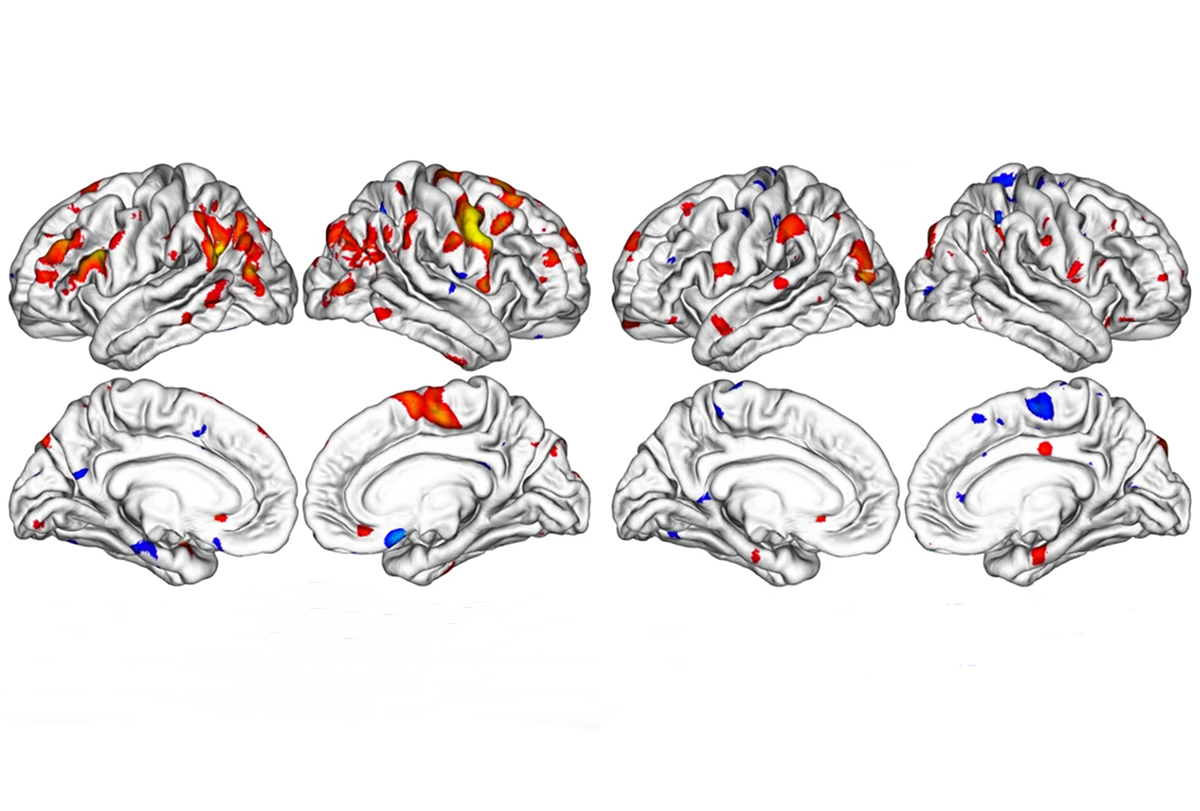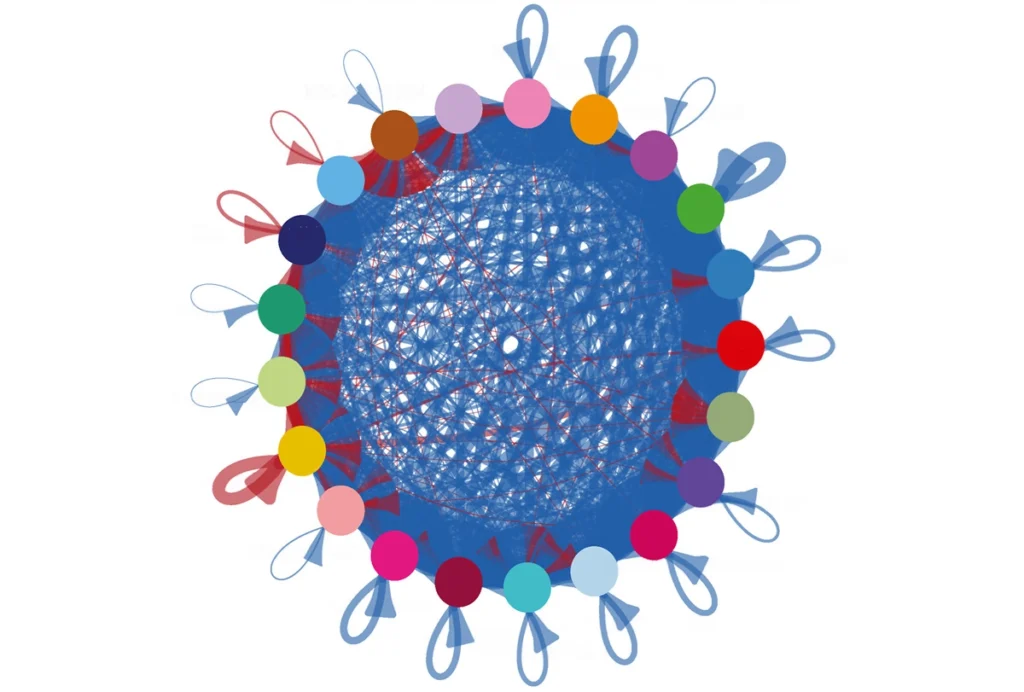- Improvements in in-vivo Perturb-seq, a method that uses CRISPR and single-cell transcriptomics, enable more rapid and efficient targeting of cells throughout the developing brain. Use of the technique revealed that loss of function of the autism-linked FOXG1 gene has cell- and layer-specific effects in mouse cortex. Cell
- A new study challenges the idea that the MECP2 gene, which is linked to autism and Rett syndrome, forms condensates—molecular compartments that act like drops of oil in water—with heterochromatin. In 2020, Spectrum reported on the evidence and uncertainties surrounding these interactions, which could have implications for how MECP2 function is disrupted in Rett syndrome. Nature Communications
- Inconsistencies in age-related changes in brain structure and function have been found in two cohorts of neurodivergent children and adolescents, according to a preprint. bioRxiv
MECP2 gene; infant movement and autism; white-matter differences in tuberous sclerosis
Here is a roundup of autism-related news and research spotted around the web for the week of 27 May.
By
Jill Adams
28 May 2024 | 2 min read

Sex differences: Rates of cortical thinning during development are increased in autistic children (red/orange/yellow), with different patterns in girls (left two) and boys (right two).
- Wearable sensors can detect early movement characteristics that have some predictive value for an eventual autism diagnosis. Autism Research
- Children with tuberous sclerosis complex and autism are more likely to have altered white-matter development than are their peers without autism. Journal of Child Neurology
- The trajectory of cortical thickness in autistic girls differs from that of autistic boys. Molecular Psychiatry
tags:
Recommended reading

CHD8 gene; minority participation in research; machine-learning autism screen
By
Jill Adams
27 August 2024 | 2 min read

Machine learning spots neural progenitors in adult human brains
By
Claudia López Lloreda
3 July 2025 | 7 min listen
Explore more from The Transmitter
Xiao-Jing Wang outlines the future of theoretical neuroscience
By
Paul Middlebrooks
2 July 2025 | 112 min listen

Memory study sparks debate over statistical methods
By
Katie Moisse
2 July 2025 | 5 min read

Attention not necessary for visual awareness, large study suggests
By
Kristel Tjandra
1 July 2025 | 5 min read
Cite this article:
